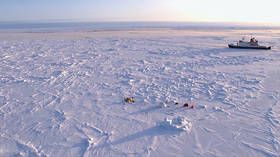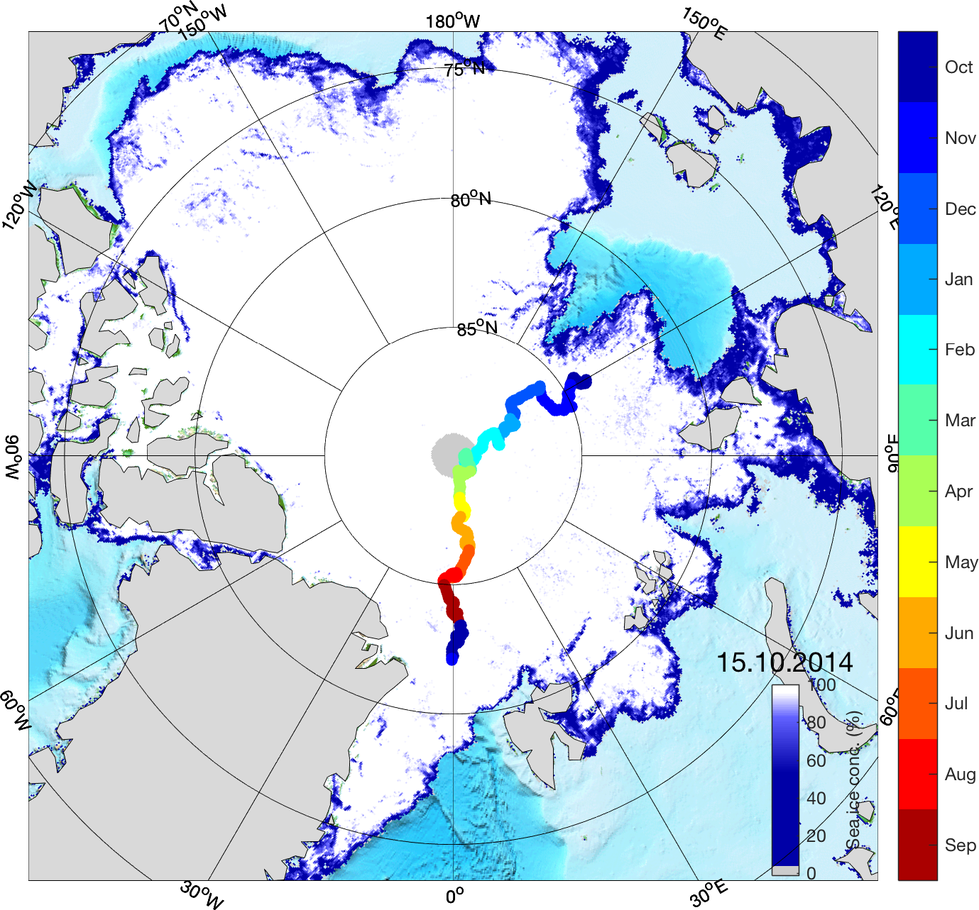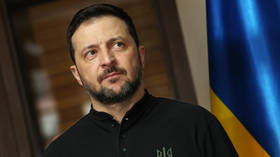Scientists will freeze themselves in the Arctic ice for an unprecedented year-long study (VIDEO)

Scientists from 17 countries are embarking on an ambitious and unprecedented voyage to the Arctic where they will let their ship become frozen in the ice for a year so that they can study climate change as they drift around.
The team will embark on the $158 million expedition in September, and will anchor the German icebreaker RV Polarstern to a large piece of ice in the Arctic Ocean and wait for the sea to freeze around them. After trapping themselves in the thick ice, they will brave the dropping temperatures as they hurry to build temporary winter research camps on the ice and carry out experiments as the ice drifts towards the North Pole.

The ship will be packed with supplies and scientific equipment, but the team will be isolated, with any emergency evacuation almost impossible. Temperatures can drop to -50°C (-58°F), and the polar night, when the Sun doesn’t rise over the horizon, will last 150 days. The team plans to build a fence around their camps that will sound an alarm if any polar bears come too close, and at least six people will be assigned to “polar bear watch.”
“We can do a lot with robotics and other things, but in the end, the visual, the manual observation and also the measurement, that’s still what we need,”said sea ice physicist Marcel Nicolaus, who is part of the mission. “We need to go out, establish that ice camp.”
The team includes researchers from the US, China, Russia, and Japan, who will rotate every two months, reaching the boat on other icebreakers and aircraft.
“So far we have always been locked out of that region and we lack even the basic observations of the climate processes in the central Arctic from winter,” said mission leader Markus Rex. “We are going to change that for the first time.”
The MOSAiC mission, which stands for Multidisciplinary drifting Observatory for the Study of Arctic Climate, hopes to enhance understanding of Arctic climate change and its global implications, and lead to safer maritime and offshore operations and better informed policy development.
Think your friends would be interested? Share this story!














